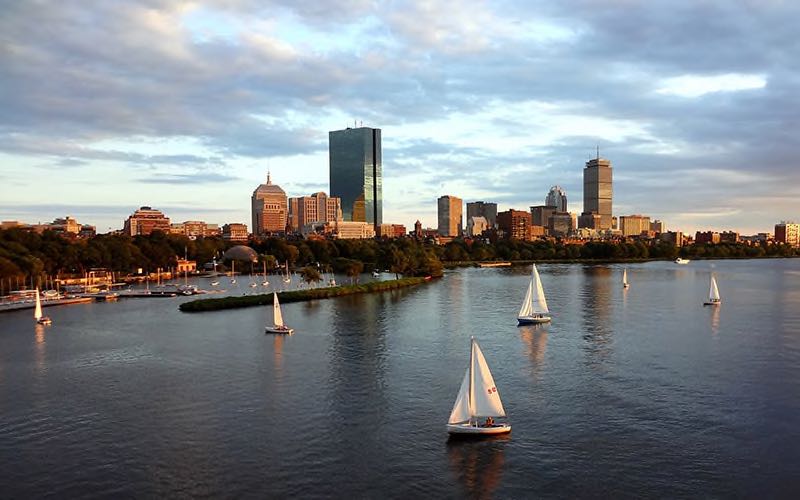
Photo: Leatherndevil via CC3.0
December 10, 2020 (BOSTON, MA) – The EPA has finalized its permit that regulates stormwater runoff from Massachusetts cities and towns into rivers, lakes, and bays. The stronger protections are the result of a settlement between the EPA and Charles River Watershed Association (CRWA) and Conservation Law Foundation (CLF).
“Stormwater pollution is devastating waters across Massachusetts,” said Heather Govern, Director of CLF’s Clean Air and Water program. “Cities and towns are responsible for curbing this pollution but many have failed for years. This permit’s issuance should jumpstart vital stormwater controls and bring us one step closer to clean water across the state.”
The two organizations intervened in the EPA process to ensure that the permit’s pollution reduction requirements were in line with current science. The groups fought to require nature-based solutions for stormwater management in new and redevelopment projects and push for stronger protections to defend waterways from polluted runoff that causes toxic algae blooms.
“This year saw the longest extent of an algae bloom in the Lower Charles River, a bloom that led to a fish kill in late July – this is a clear sign we must do more to control stormwater pollution,” said CRWA Executive Director Emily Norton. “We have already been working with our watershed cities and towns to help them implement permit requirements in ways that will also build resilience to climate change. This is a major step in the continued restoration of the river we all love and cherish.”
During rain or snowmelt, water from urban streets, parking lots, and construction sites carries oil, grease, sediment, phosphorus, and other pollutants into waterways. This is causing toxic algae outbreaks, which choke plants and wildlife and make the waters unsafe for humans and pets, that are getting worse and lasting longer each year.
Under the Clean Water Act, municipalities and other public entities that discharge stormwater into rivers and streams must comply with the “MS4” (short for “municipal separate storm sewer system”) general permit which is issued by US EPA. Stormwater is the largest source of pollution in many of the state’s waters, and the MS4 permit requires municipalities to reduce stormwater pollution by removing illicit sewer connections to storm drains and taking other steps to reduce the amount of nitrogen, phosphorous, bacteria, and other toxins into drains.
US EPA first issued an updated permit in 2016 that was more stringent than the previous permit yet delayed the permit’s effective date. CRWA and CLF filed suit against US EPA to force the agency to carry out the Clean Water Act.
###
